Permaculture vs. Organics
mycarbumps
21 years ago
Related Stories
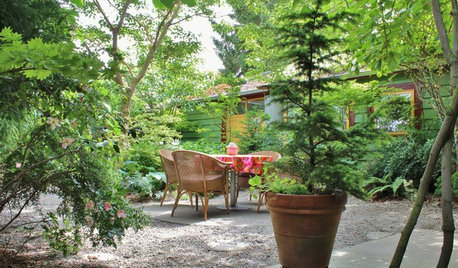
INSPIRING GARDENSFrom Concrete Lot to Gracious Organic Garden in Seattle
Plants, pests and even weeds have a place in this landscape, which offers an edible bounty and a feast for the eyes
Full Story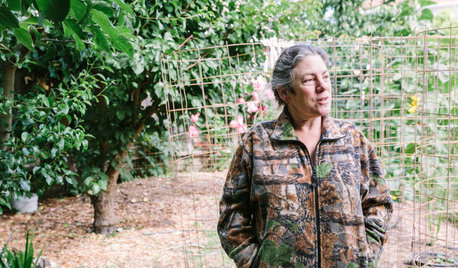
FARM YOUR YARDTo Get the Food They Believe In, These Urbanites Grow Their Own
Home gardeners farming on their city lots find that local, organic food isn’t the only reward
Full Story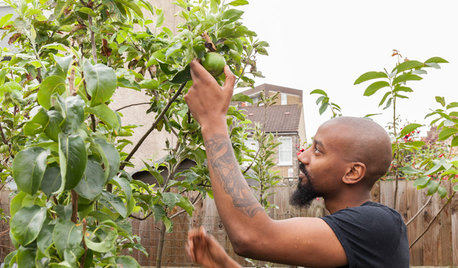
GARDENING GUIDESLush, Foodie Abundance in a Small Urban Garden
This modest backyard garden provides its owner with fruit and vegetables all year round, thanks to an innovative low-maintenance approach
Full Story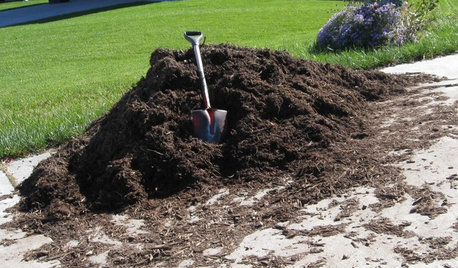
FRONT YARD IDEASBefore and After: Front Lawn to Prairie Garden
How they did it: Homeowners create a plan, stick to it and keep the neighbors (and wildlife) in mind
Full Story
GARDENING GUIDESGet on a Composting Kick (Hello, Free Fertilizer!)
Quit shelling out for pricey substitutes that aren’t even as good. Here’s how to give your soil the best while lightening your trash load
Full Story
EARTH DAYThe Case for Losing the Traditional Lawn
Work less, help the environment and foster connections by just saying no to typical turf
Full Story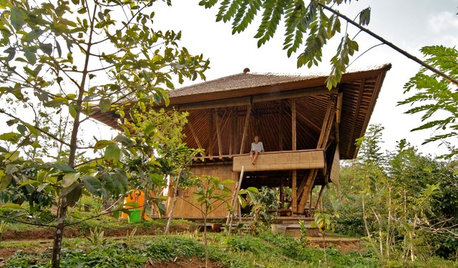
MOST POPULARMy Houzz: Open-Air Living in the Mountains of Bali
Community, jaw-dropping beauty and sustainability come together in a tropical paradise for a London expat
Full Story
GARDENING GUIDESHow to Keep Your Citrus Trees Well Fed and Healthy
Ripe for some citrus fertilizer know-how? This mini guide will help your lemon, orange and grapefruit trees flourish
Full Story
FARM YOUR YARDHow to Build a Raised Bed for Your Veggies and Plants
Whether you’re farming your parking strip or beautifying your backyard, a planting box you make yourself can come in mighty handy
Full Story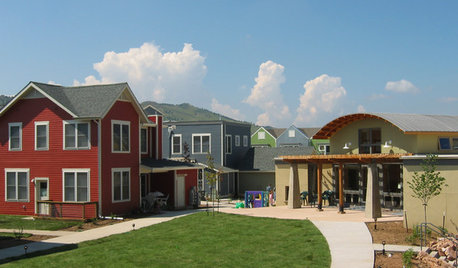
COMMUNITYTogetherness Take 2: Is a Cohousing Community for You?
Missing that sense of connection? Consider the new breed of neighborhood with a communal bent
Full StorySponsored






polly_il
marshallz10
Related Professionals
Ashburn Landscape Architects & Landscape Designers · Newcastle Landscape Architects & Landscape Designers · Berkeley Heights Landscape Contractors · Crystal Landscape Contractors · Fort Payne Landscape Contractors · Harrisburg Landscape Contractors · Kearny Landscape Contractors · Rio Linda Landscape Contractors · Eastlake Landscape Contractors · Ramona Siding & Exteriors · St. Louis Siding & Exteriors · Albany Solar Energy Systems · Mokena Solar Energy Systems · Tustin Solar Energy Systems · Eden Prairie Solar Energy SystemsmycarbumpsOriginal Author
Fireraven9
earthbound
Fireraven9
Mayapple
Fireraven9
earthbound
Fireraven9
seraphima
earthbound
Fireraven9
earthbound
Fireraven9
earthbound
mycarbumpsOriginal Author
marshallz10
earthbound
earthbound
marshallz10
earthbound
marshallz10
DDFirstLight
irenioskamoska
marshallz10
flowermanoat
Gimme3Steps
mkirkwag
marshallz10
JasonInGaia